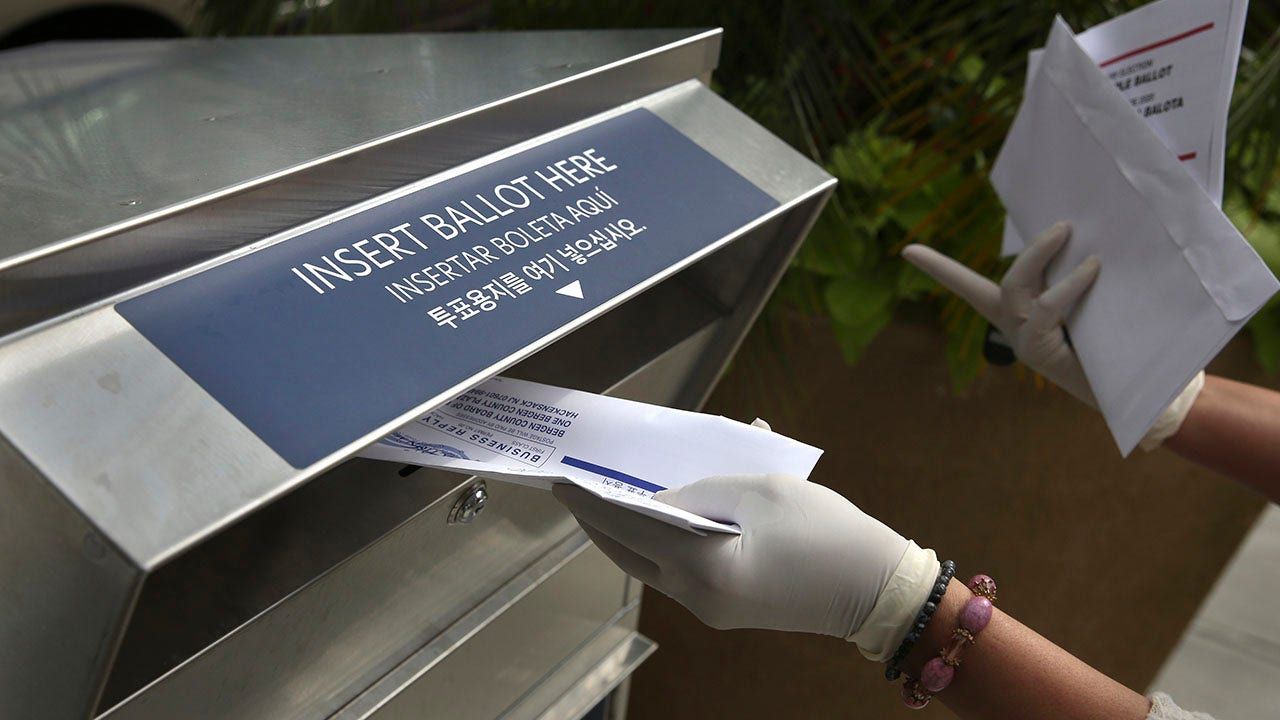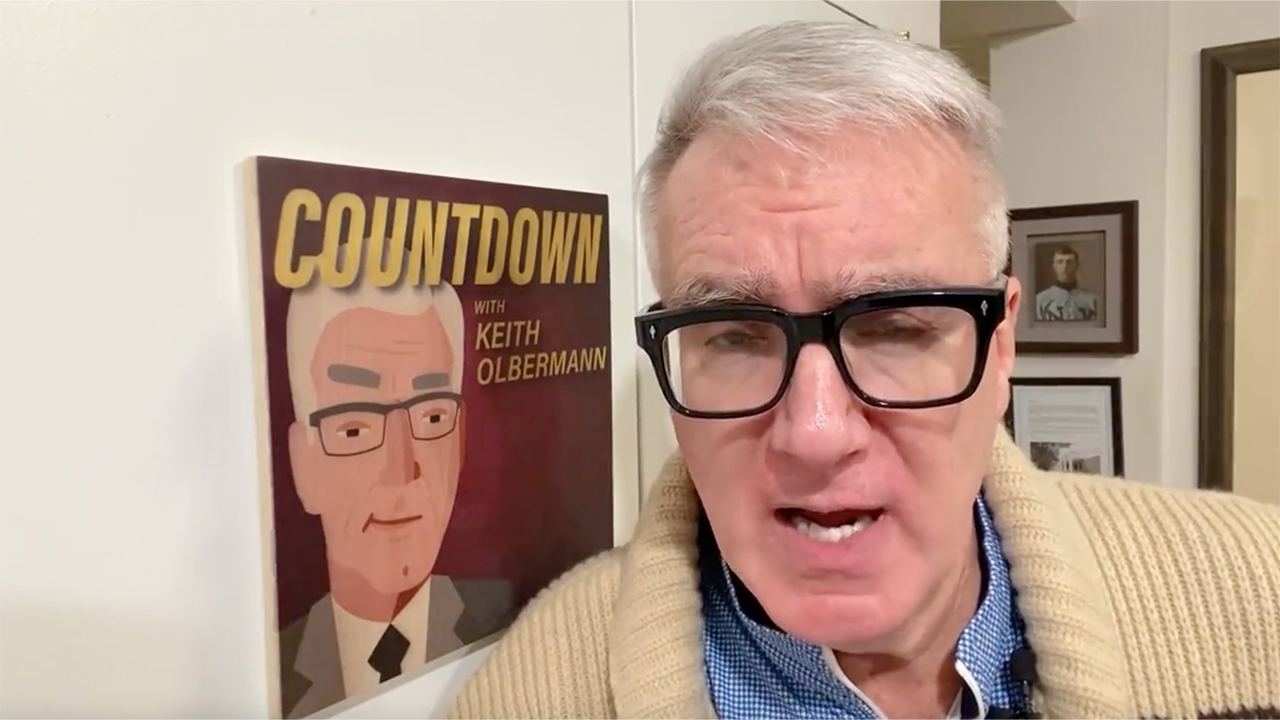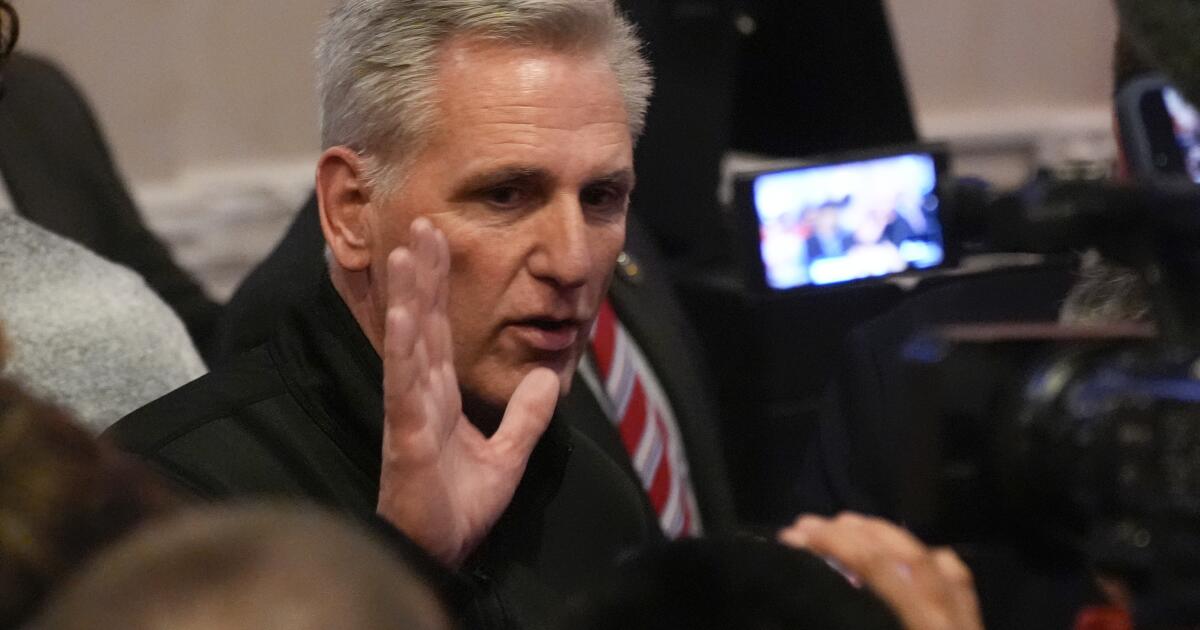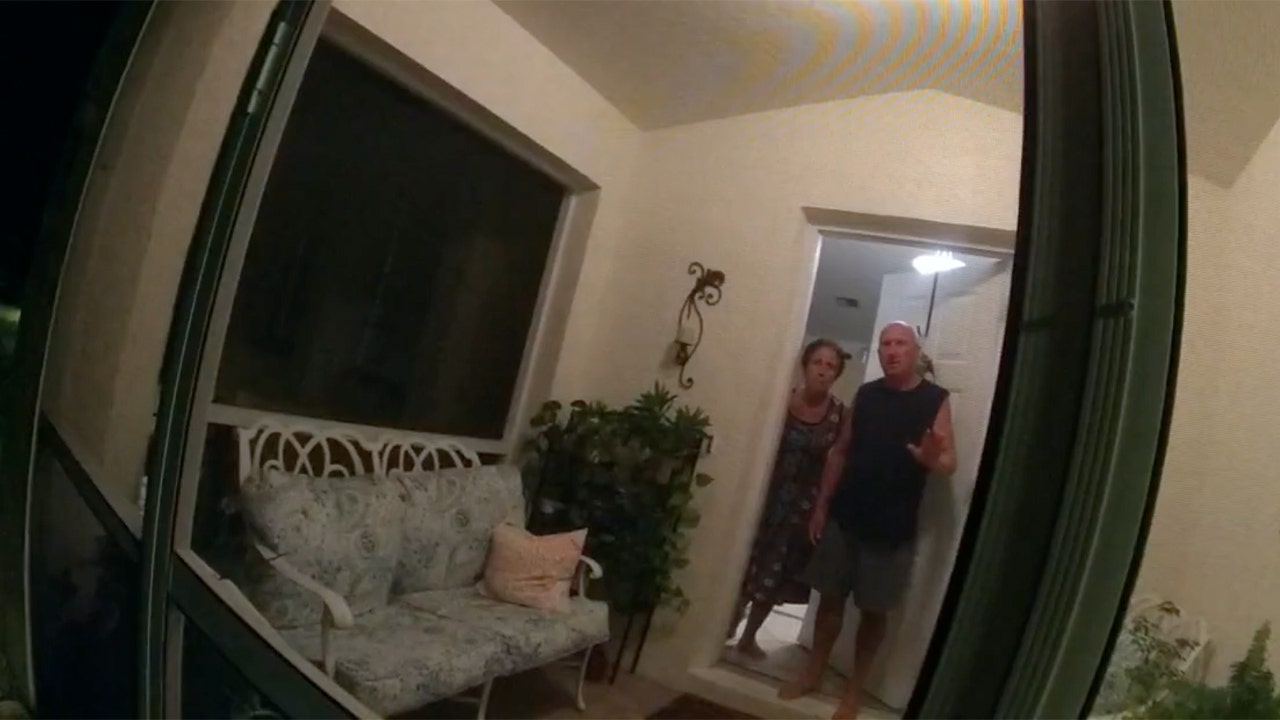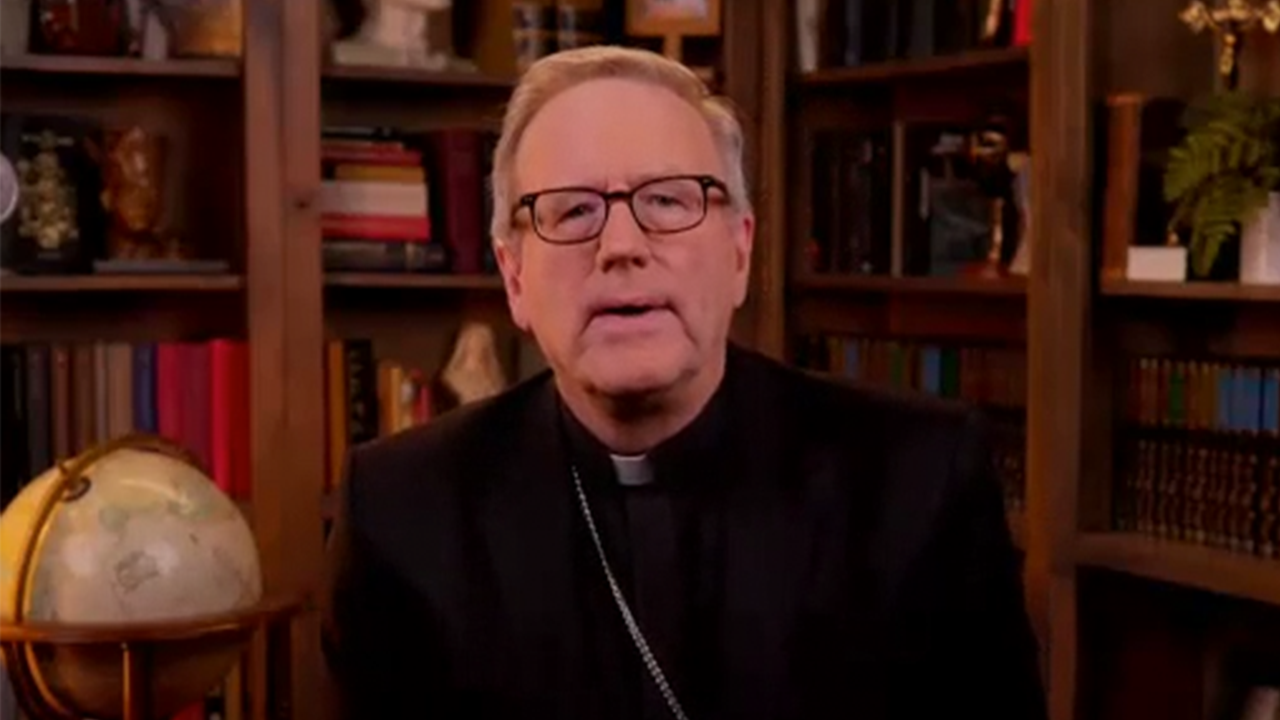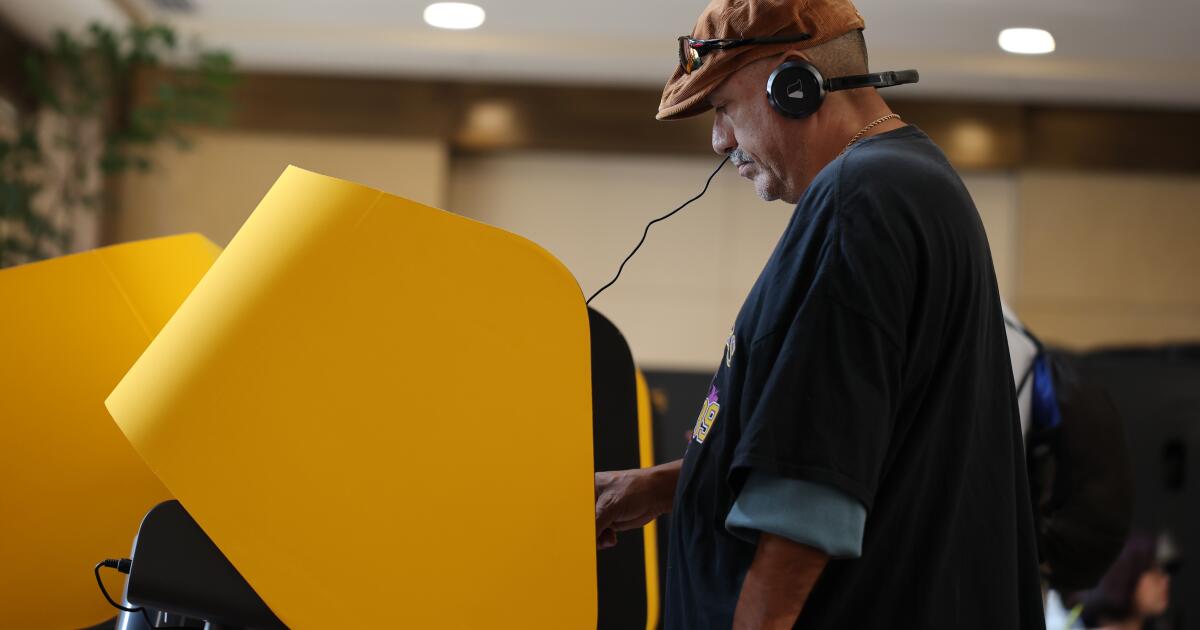Depending on who you ask, ranked-choice voting can reward extreme, wealthy candidates in elections or lead to a more publicly acceptable electoral process and encourage voter participation.
The practice has increased in prevalence in recent elections – particularly in Alaska and Maine, as well as Virginia, to some extent – implying a hierarchical approach to electoral recounts. Several rounds of tabulation occur after voters at the polls are asked to choose their candidates in order of preference.
In the first round, each candidate's totals are tabulated, the candidate with the fewest “first votes” is eliminated, and the “second votes” of that candidate's supporters are added to the totals of the remaining candidates until decides a winner.
A former Republican U.S. Senate candidate in Alaska sided with RCV's critics, while a former Republican state legislator in Virginia credited it with sparking a political shakeup in his state. Democrats seemed equally divided.
Democrats in Maine and New York have praised the system, while one Democratic governor appeared to raise a potential roadblock to implementation in his state. He later stated that he would support the will of the people in an upcoming vote.
ALASKA SUES FEDERALS FOR 'KNOWINGLY' CONTAMINATED NATIVE LANDS
A ballot box in Atlantic City (AP)
Ballot measures implementing or banning RCV will appear in Oregon, Alaska, Nevada, Missouri and Colorado. Alabama, Louisiana, Mississippi, Oklahoma and Kentucky have also preemptively banned RCV.
Former Virginia state delegate Chris Saxman, a Staunton Republican who is now executive director of the nonprofit Virginia Free, told Fox News Digital that RCV worked in the selective way it was implemented in his state.
During the 2021 gubernatorial sweeps, Virginia Republicans used RCV in their primary candidate selection process, leading to Glenn Youngkin winning the nomination.
Virginia Republicans voted to hold a convention instead of a primary that year.
After Youngkin was selected, Saxman told Fox News Digital that a consultant approached him at the convention to complain that supporters of noticeably more conservative candidates had been prevented from attacking the nominee.
GAS CRISIS: ALASKA GOVERNOR SAYS 'BIDEN IS LOOKING FOR OIL ANYWHERE ON THE PLANET EXCEPT HOME'
“If it weren't for this damn ranked-choice voting, we could have attacked Youngkin more, but we couldn't afford to alienate his voters,” the consultant complained, according to Saxman.
“I thought, 'So it's a problem not to attack a fellow Republican?'” he said, citing former President Reagan's famous rule.
Saxman said the situation showed there is value in making nuanced reforms in elections, like the way the party used RCV.
“Complex systems reward small changes,” he said, later claiming that because of the surgical way Virginia Republicans implemented RCV, it led to a political earthquake in November.
Saxman noted that the Republican Party had been out of power in Richmond since the Bush era, but now, suddenly, Youngkin, Lt. Gov. Winsome Sears and Attorney General Jason Miyares supplanted the Democratic establishment.
Saxman said national fundraising groups had largely written off the Virginia gubernatorial race as a lost cause, but thanks in part to RCV, the funds came after the Youngkin-Sears-Miyares candidacy was announced.
Elsewhere, in New York City, then-Mayor Bill de Blasio celebrated the 2021 race as the “largest ranked-choice election in America,” while many competitive races fell during the Democratic primaries.
IN THE ONLY STATE BORDERING RUSSIA, THE GOVERNOR OF ALASKA SAYS DEFENSES ARE STRONG
On the other side of the country, however, Alaska Republicans appeared ready to do without the newly implemented system, which many blamed for the election of Rep. Mary Peltola, D-Alaska, in a solidly Republican state, as the late Don Young, the pillar of the Republican Party for five decades.
RCV advocates in Alaska said in multiple reports that the new system worked in the 2022 race there, in that Peltola (Liberal), Sen. Lisa Murkowski, R-Alaska (Moderate), and Gov. Mike Dunleavy (Conservative , all of them). won races in the same election.
But Kelly Tshibaka, a Republican who ran for Murkowski's seat in that year's nonpartisan primary, told Fox News Digital that Alaskans were misled by RCV advocates who claimed it would eliminate dark money and election extremism.
He noted how Peltola had prevailed after taking on Republicans Nick Begich III – scion of a famous Alaska political family – and former Gov. Sarah Palin.
Tshibaka said he fully supports the effort to get rid of RCV in the Last Frontier, as its repeal is poised to be a statewide ballot initiative in November pending a legal challenge to the measure.
He pointed to the failed candidacy of Al Gross, a Democrat-turned-independent who at times led in primaries but dropped out. Tshibaka claimed that Gross had been kicked out of the polls to make way for Peltola, who was to the left of him, and therefore claims that RCV is stifling extremism are unfounded.
WHAT IS RANKED VOTING, THE NEW ELECTORAL PROCESS USED IN ALASKA?
Gross said at the time that it was “too difficult to run as a nonpartisan candidate in this race” and that the country was “shattered.”
Tshibaka also argued that the system leads to a much smaller group of voters ultimately choosing a candidate, as other votes are nullified in rounds of tabulation.
“So it's very misleading how they sell it to the public,” he said, adding that 2022 is largely seen as the most negative election in state history even though RCV is sold to voters as a moderating force. .
“We're stirring up negativity in the water. You might have a unique anecdote here or there. However, what we saw in Maine and Alaska…we're seeing an increase in extreme negativity.”
Judy Eledge, a former school teacher in the Arctic Ocean community of Barrow (or Utqiagvik) who is active in Alaska conservative circles, said the RCV system has proven very confusing for voters:
“Basically, you don't have the first choice of who you want to win, and that allows people who would otherwise never win anything,” Eledge said. “It gives them enough to win and basically destroys the party system within the state when it comes to elections.”
Eledge also stated that it allows an advantage to candidates who have substantial outside financial support, artificially influencing the second and third choices.
CLICK HERE TO GET THE FOX NEWS APP
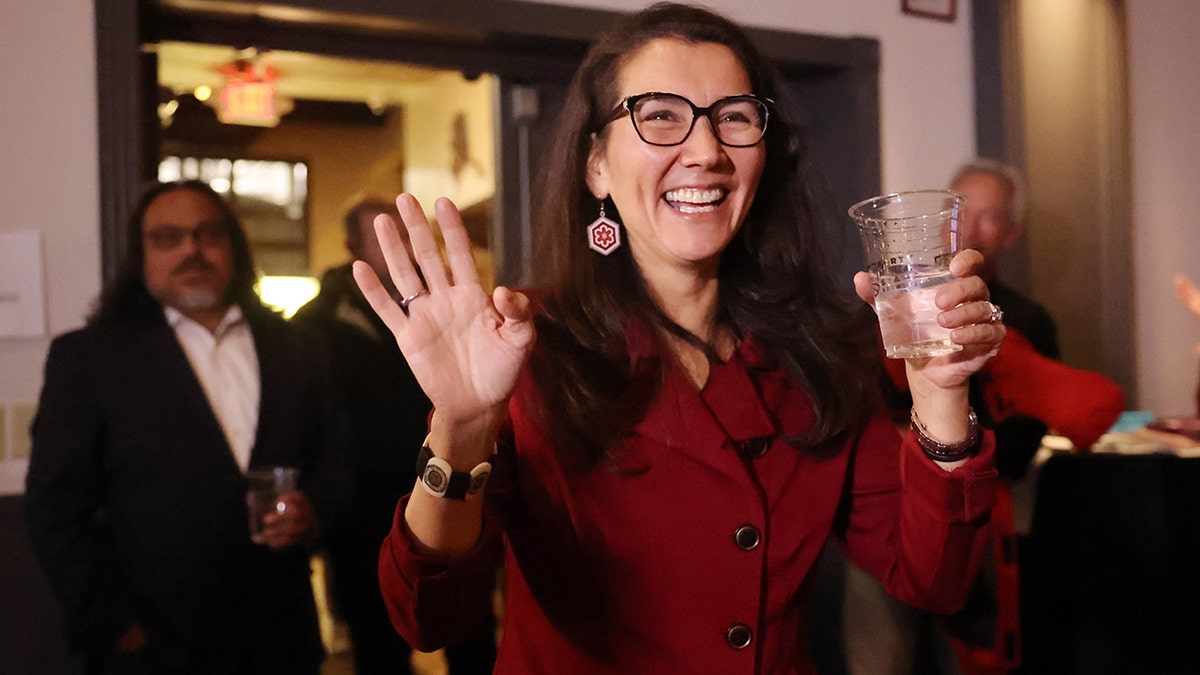
Rep. Mary Peltola (D-AK) speaks to supporters at a watch party on November 8, 2022 in Anchorage, Alaska. (Getty Images)
In Maine, the implementation of RCV paved the way for Democrat Jared Golden's 2018 upset of incumbent Republican Rep. Bruce Poliquin, marking the first large-scale test of RCV statewide.
Golden's campaign told Fox News Digital that RCV is “not a factor” in his current race. “Just like 2020, this will be a head-to-head race,” a campaign spokesperson said.
In response to the criticism, Peltola said that while RCV gets a lot of attention in Alaska, the real denominator is the open primary system.
“We need more people willing to work with the other party, and Alaska's system gives those candidates a chance. For example, I wouldn't have won a Democratic primary; I'm too conservative and talk about things that don't appeal to the Democratic base. ” Peltola said.
“Open primaries and ranked-choice voting give a voice to the 64% of Alaskans who are neither Democrats nor Republicans.”

